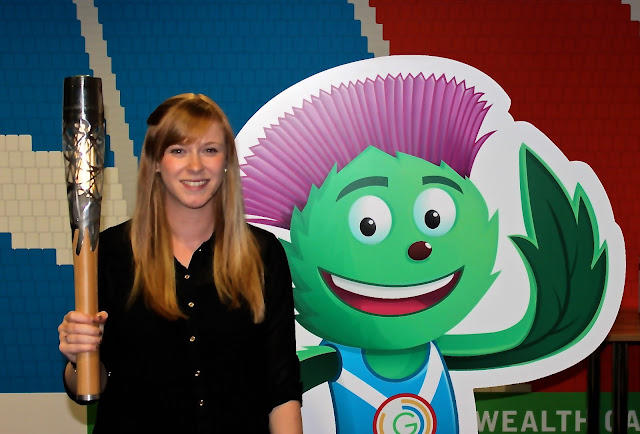No matter how prepared you are, or how many scenarios you have thought of, there is ALWAYS something that happens which you can't prepare for, the 'unknowns' if you will. This often means you have to think on your feet creatively and quickly to find a solution.
Below are my top 5 tips on how to react when the event doesn't quite go as planned.
1. Stay Calm - Getting stressed out and frantic isn't going to help anyone. As difficult as it is, take a deep breath and take some time to think logically. Making snap decisions which you will regret later is not the way to go.
2. Ask for help - Don't be afraid to ask for help from your peers, colleagues or manager, they will be able to help you. Remember you are all in the same team.
3. Think outside of the box - sometimes you have to get creative to find solutions. These can be a temporary fix to buy yourself some time or something completely new and unheard of!
4. Communicate - if an issue is going to affect multiple people be sure to communicate this as quickly as possible to allow everyone affected time to prepare and adapt. Think about who needs to know, what needs to change and how you can keep everyone informed.
5. Learn - learn from your mistakes and from other people's mistakes. Think about what you could have done differently or what could be done to prevent this happening in the future. This will make you better prepared if you ever face the same situation again.













